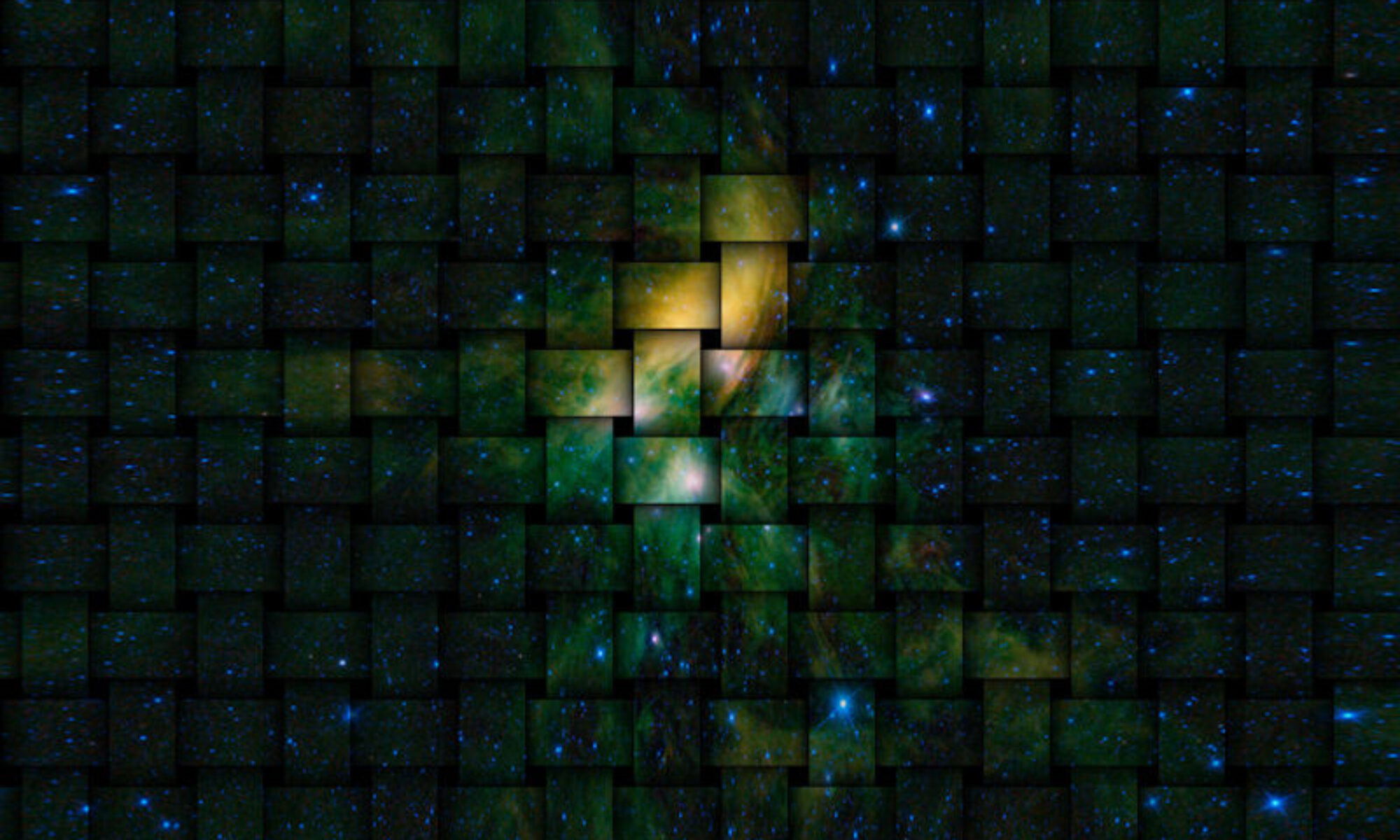Outstanding, outsitting, outreclining. The ludicrous thing is that they’re equally valid.
Hilarion
♦ ♦ ♦ ♦ ♦ ♦ ♦
We like to make value judgments. We see one thing as preferable to another. We enjoy some things more than others. We evaluate that someone’s performance stands out in a crowd. We rank things and people. We make top 10 lists.
In the sharing, everything and everyone is divinely interconnected. All are equal and beloved in the sharing. Nothing and no one is more divine than another. No one is more special than another. Nothing and no one stands out as better or worse.
The sharing judges no one. We do that for ourselves and others, but it is an act that holds no relevance. No one is truly damned or saved. There are consequences for our actions. but we alone generate those consequences by creating the events in our lives—in conjunction with our sharing within (inner divinity). We are not punished or rewarded for our actions; our sharing within merely generates life experiences that are likely to help understand and be grateful for our divine interconnection.
If everything and everyone is equally divine, what purpose does judgment and evaluation serve? Why do we do it?
The answer lies in separation consciousness. This is the inherent mindset of third-dimensional reality: the belief that everyone and everything is separate—from each other and from the divine. Separation consciousness makes us feel alone and vulnerable in an untrustworthy world. We long for something that makes us feel better; we want to feel special, lovable, and safe from others.
Judgment allows us to compare ourselves to others. If we decide that someone else has done wrong, we feel superior to him. We feel better about ourselves and we justify continuing to see her as separate. Our mind evaluates that he deserves to be avoided, and that we certainly don’t want to be tainted by associating with her.
Evaluation serves a similar purpose. It helps us to like or dislike things or events. We enjoy some things and not others. We suffer through unwanted events and long for our lives to be different. Dissatisfaction, disillusionment, resentment, and regret all help bolster our belief in our innate separation. We continue to judge and evaluate, and we find ourselves, others, and our lives to be lacking.
How do we get out of this loop? How can we enjoy our lives more? The answer lies in releasing judgment and practicing gratitude. Let’s ask our sharing within to help us understand how to do this.
We’ll start by letting our breathing become soft and even. We will focus on the center of our chest and see a golden light there: our sharing within. As we inhale, the light becomes firm, tangible and bright. As we exhale, the light spreads out through us and everything around us. We’ll continue until we feel a sense of calm and certainty fill us—this is our sign that we are in conscious connection with our sharing within.
Now we will think of someone we don’t like, someone we find easy to judge. We’ll ask our sharing within to help us understand what we get out of judging that person. Perhaps it makes it easier to justify avoiding him. Perhaps it helps us to feel we are better than her. Perhaps it helps prevent us from understanding that we are much alike. Whatever answer we receive from our sharing within, we will trust that it is true and will receive it neutrally.
Next, we’ll ask our sharing within to show us what that person has to offer us. Perhaps he allows us to strengthen our compassion. Perhaps she helps us to realize things we could change in ourselves, and thereby become happier. Perhaps we have an opportunity to learn patience in his presence. Whatever the reason, that individual is in our lives for a reason, one that can only be beneficial.
Now, we will request that our sharing within show us something likable about that person. It can be as simple as a pleasant speaking voice, a generous nature, or conversational skills. Whatever it is, we will focus on that aspect of the person and think well of him or her. We will allow ourselves to be thankful for this quality in him. We’ll be grateful to her, too, for helping us learn to release judgment.
When we can learn to be grateful for everyone and everything in our lives, we will find we appreciate and enjoy every aspect of our lives. We’ll be much happier—here and now.
♦ ♦ ♦ ♦ ♦ ♦ ♦
Divinely unique and beautiful reader, what or whom are you willing to cease judging? Please share…
